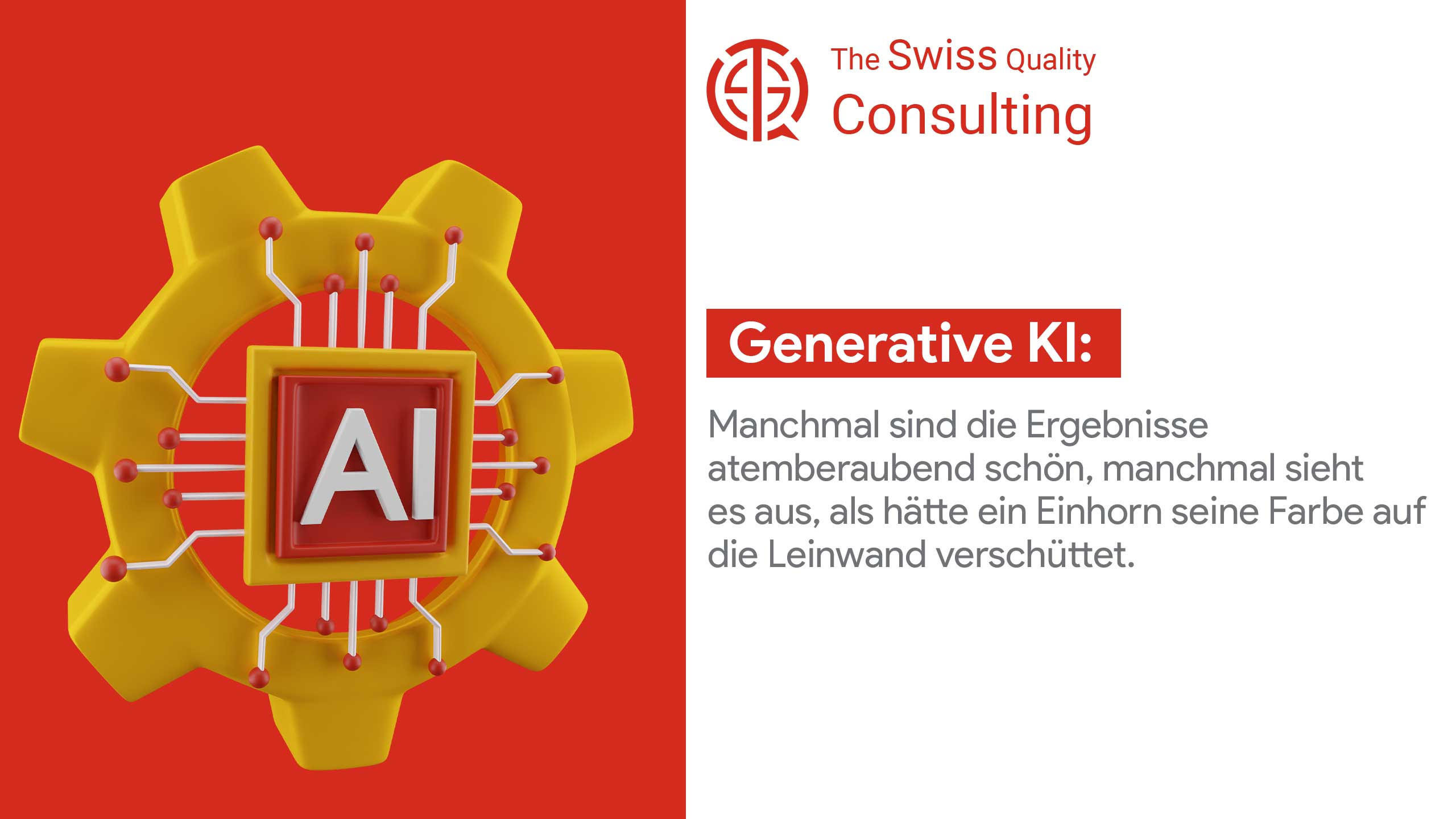The Strategic Advantages of Bayesian Optimization for AI Development
How Bayesian Optimization Improves Hyperparameter Tuning
Bayesian optimization in hyperparameter tuning is revolutionizing the way businesses in Saudi Arabia, the UAE, and beyond approach artificial intelligence (AI) model training. As AI becomes increasingly integral to business success, particularly in dynamic regions like Riyadh and Dubai, optimizing the training process of AI models is crucial. Traditional methods of hyperparameter tuning, such as grid search or random search, often require extensive computational resources and time. However, Bayesian optimization offers a more efficient and effective alternative, enabling businesses to achieve superior results with fewer resources.
At its core, Bayesian optimization is a probabilistic model-based approach that aims to find the optimal hyperparameters by building a surrogate model of the objective function and using this model to make decisions about where to sample next. This method is particularly powerful in scenarios where the evaluation of the objective function is expensive, such as training deep learning models on large datasets. By intelligently selecting the most promising hyperparameters to evaluate, Bayesian optimization significantly reduces the number of trials needed to find the best set of parameters, making it a preferred choice for AI development in resource-constrained environments.
For businesses in Saudi Arabia and the UAE, where efficiency and speed are key to maintaining a competitive edge, Bayesian optimization offers a way to accelerate AI deployment without sacrificing quality. For example, a financial institution in Dubai developing AI models for risk assessment can leverage Bayesian optimization to fine-tune its models more quickly and accurately, leading to better decision-making and improved financial outcomes. In Riyadh, healthcare providers using AI for patient diagnostics can benefit from Bayesian optimization by enhancing the accuracy and reliability of their models, ultimately leading to better patient care and operational efficiency. The ability to fine-tune models efficiently allows these organizations to stay at the forefront of AI innovation, driving business success in a competitive market.
The Advantages of Bayesian Optimization Over Traditional Methods
One of the primary advantages of Bayesian optimization over traditional hyperparameter tuning methods is its ability to efficiently explore the hyperparameter space. Traditional methods like grid search or random search often require evaluating a large number of combinations, many of which may be suboptimal or redundant. In contrast, Bayesian optimization uses prior knowledge to guide the search process, focusing on the most promising regions of the hyperparameter space. This targeted approach not only reduces the computational burden but also increases the likelihood of finding the optimal set of hyperparameters, leading to better model performance.
For businesses in the UAE and Saudi Arabia, where the demand for high-performance AI solutions is growing rapidly, the efficiency of Bayesian optimization can translate into significant cost savings and faster time-to-market. For instance, a retail company in Riyadh developing AI models for personalized marketing can use Bayesian optimization to fine-tune its models quickly, allowing the company to launch targeted campaigns that drive customer engagement and boost sales. Similarly, a technology startup in Dubai working on AI-driven supply chain optimization can leverage Bayesian optimization to enhance its models’ efficiency, reducing operational costs and improving overall supply chain performance. The ability to optimize hyperparameters efficiently gives these businesses a competitive edge, enabling them to deliver innovative AI solutions that meet the needs of their customers.
Another key advantage of Bayesian optimization is its flexibility and adaptability to different types of objective functions and hyperparameter spaces. Unlike traditional methods that may struggle with non-convex or highly non-linear objective functions, Bayesian optimization can handle these challenges effectively by building a probabilistic model that adapts to the shape of the objective function. This adaptability is particularly valuable in industries such as finance and healthcare, where the relationships between hyperparameters and model performance can be complex and difficult to predict. By providing a robust and flexible approach to hyperparameter tuning, Bayesian optimization ensures that AI models are trained to perform optimally across a wide range of applications.
In conclusion, Bayesian optimization in hyperparameter tuning offers businesses in Saudi Arabia, the UAE, and beyond a powerful tool for enhancing the efficiency and effectiveness of AI model training. By reducing the computational burden and accelerating the tuning process, Bayesian optimization enables businesses to develop high-performance AI models that drive innovation and success in a competitive market. As AI continues to play a more central role in business operations, mastering advanced techniques like Bayesian optimization will be essential for staying ahead of the curve and achieving sustained growth and success.
#BayesianOptimization #AIModelTraining #MachineLearning #AIinBusiness #HyperparameterTuning #AIinSaudiArabia #AIinUAE #BusinessSuccess


































